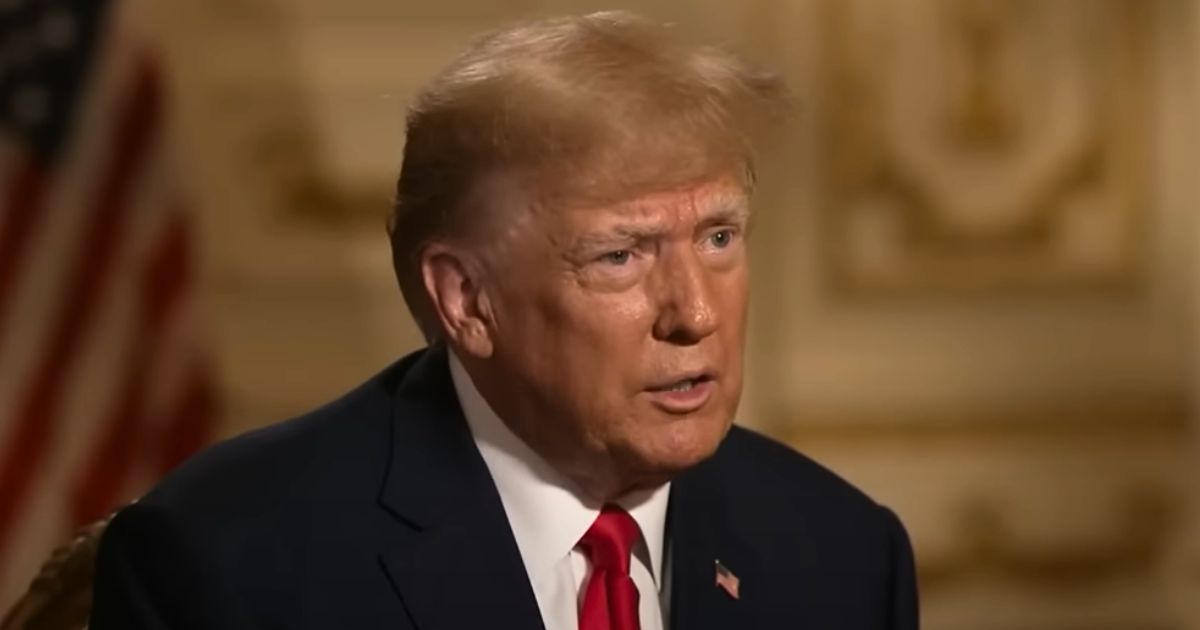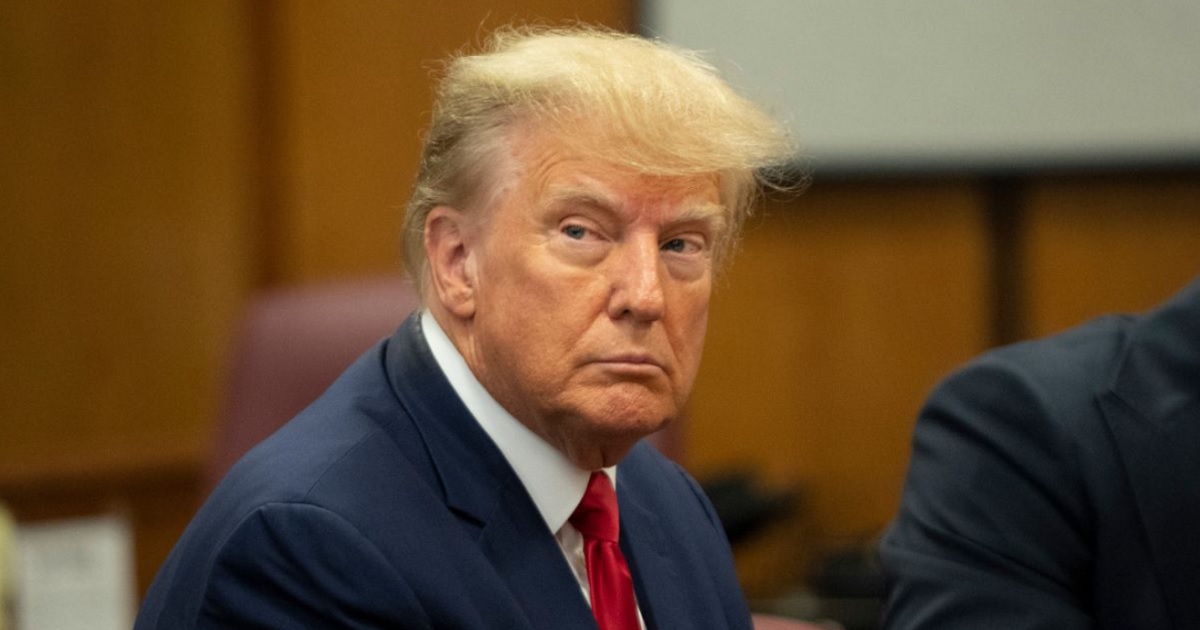FBI chief Kash Patel seeks crackdown on China’s influence on US farmland
In a striking move against security threats, FBI Director Kash Patel has intensified efforts to counteract Chinese influence on American farmland.
The initiative launched by Patel aims to safeguard the nation’s food supply and security by curtailing the CCP-related farmland ownership near critical sites, as Fox News reports.
Patel has vocalized significant concerns regarding China's footprint in American agricultural sectors, deeming it a serious threat to both national security and the country’s food supply.
Recognizing the proximity of certain farms to sensitive locations heightens the risks associated with foreign control and ownership.
Administration reacts to Chinese land ownership
The issue has been met with a robust response from President Donald Trump and members of his administration.
This concerted effort highlights a growing unease around the Chinese Communist Party’s (CCP) strategy and influence on U.S. soil, particularly regarding land ownership near sensitive structures and areas.
The administration's approach receives backing from several Republican lawmakers and conservative figures, who are collectively concerned about the implications of foreign entities controlling significant tracts of American farmland.
These actions align with broader national security strategies that confront various foreign adversarial challenges.
Legislative measures introduced on Capitol Hill
In response to these concerns, new legislation has been proposed on Capitol Hill to staunchly limit and control foreign investments in critical areas.
The PASS Act, introduced by Sen. Mike Rounds, seeks to prohibit purchases of farmland by entities from certain countries, notably China, if these lands are near military bases or other sensitive locations.
Additionally, the "Not One More Inch or Acre Act" crafted by Sens. Tom Cotton, Kevin Cramer, and Katie Britt requires the divestment of any land under CCP influence that is considered a security risk. These measures represent a strategic national response to what is seen as an escalating threat.
The proposed laws would not only restrict new acquisitions but also enable the Department of Agriculture to refer specific cases to the Committee on Foreign Investment in the U.S. (CFIUS) for review if there are potential national security concerns.
Global security dynamics at stake
According to Patel, the resolution of issues at the U.S. southern border has made adversaries, including China, shift their focus to other points of entry into the U.S., such as the northern border.
This pivot is part of what he describes as an adaptive threat landscape where "THE ENEMY ADAPTS," forcing the U.S. to continuously evaluate and respond to international security challenges.
During discussions, President Trump has reiterated his ongoing focus on the issue of Chinese-owned farmland, a concern that has been on the administration's radar for years. He openly commends his relationship with China, stating a respectful stance towards President Xi while maintaining vigilance on foreign land ownership issues.
Concerns over Chinese geopolitical aims persist
Presidential Envoy for Special Missions Ric Grenell has highlighted broader concerns regarding Chinese strategic ambitions, indicating that the CCP's goals transcend mere land acquisition. This perspective suggests a multifaceted strategic approach by China, aiming at a more profound influence on U.S. governance and industry sectors.
In her statements, spokesperson Erica Knight emphasized Patel’s dedication and suitability for his role, noting his "unmatched experience" in counterterrorism and intelligence sectors. Knight has lauded Patel's determined mission to eliminate "CCP interference and infiltration" as a testament to his capabilities in safeguarding national interests.
This national effort blends high-level diplomatic engagement with practical legislative actions, aiming to fortify U.S. defenses against foreign economic encroachment and espionage. As these developments unfold, the focus remains on ensuring the security of the United States' critical infrastructures and resources against increasing foreign influence and control.





